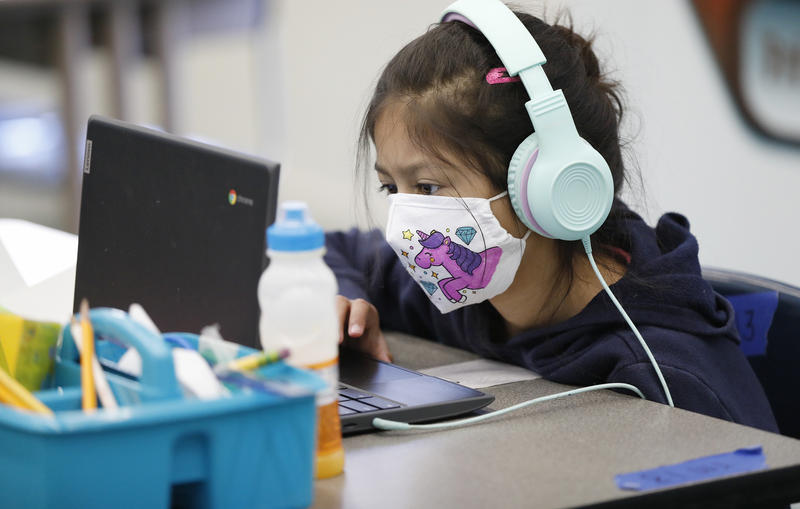New study reveals global scope of pandemic learning loss

During the pandemic, children lost about a third of a school year’s worth of learning, and two years later, have still not recovered, according to a new study in Nature Human Behaviour, as reported by The New York Times.
Students from low-income backgrounds and those in developing countries suffered the most learning delays and regressions, researchers said, worsening existing disparities and threatening to follow children into higher education and the workforce, according to the Times.
Delays were worse in math than in reading, and students of lower socioeconomic status likely faced noisier study spaces, spottier internet connections and more economic turbulence, making them worse off, The Times reported.
When younger students returned to school, they faced socialization problems, an expert said, and older students returned with anxiety and mental health issues.
According to the study, within districts that were remote for most of the 2020-2021 year, poorer schools lost twice as much learning progress as wealthier schools in the same district.
Fifteen countries were included in the data, published Monday. Researchers said providing intensive summer programs and tutoring initiatives that target low-income students who fell the most behind could help.
“Learning loss will be the longest-lasting and most inequitable legacy of the pandemic,” said Thomas Kane, the faculty director of the Center for Education Policy Research at Harvard.













